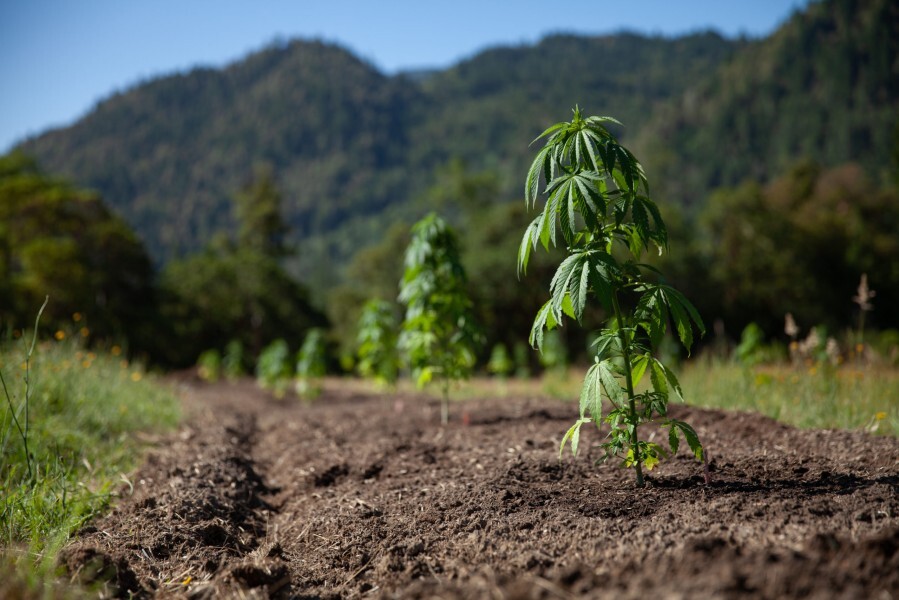The European Parliament has recently made a historic move towards cannabis reform. For the first time, a debate on cannabis, titled ‘Legalisation of Personal Use of Cannabis: Exchange of Views’, was held, marking a significant shift in the perception and potential regulation of cannabis across the continent. This event, co-sponsored by four of the seven main European political blocks, signals a potential transformation in the European cannabis landscape.
A Call for Change
The key message to the European Commission was clear and direct: do not hinder the process of cannabis reform. This call to action was led by Irish politician Luke Flanagan, a Member of the European Parliament (MEP), who emphasized the importance of the Commission’s role in facilitating, rather than obstructing, the reform process.
The Role of the European Parliament
While the European Parliament does not have direct competence over this area, it does have the power to influence the direction of cannabis reform. As MEPs, their role is to ensure that for any state looking to reform their cannabis laws, the process is made as easy as possible.
Support from Various Political Blocs
The debate was co-organised by Czech politician Mikuláš Peksa, Chairperson of the European Pirate Party, and supported by the second largest bloc in the parliament; the Socialists and Democrats, the European Conservatives and Reformists Group, and the Left bloc. The hearing featured speakers from Germany, Ireland, and Czechia, all countries currently examining proposals to reform their domestic cannabis laws.
The Road Ahead
Despite the momentum, the path to cannabis reform is not without obstacles. Tomas Sadilek, who is assisting the Czech government in drafting its cannabis laws, identified the European Commission, the Schengen Agreement on the free movement of goods, the EU 2004 framework on drug trafficking, and International drug conventions as potential areas of conflict.
Conclusion
The potential for cannabis reform in Europe is significant. Not only could it lead to a more regulated and safer cannabis market, but it could also contribute to economic development by creating jobs and generating income for farmers and other stakeholders in the cannabis supply chain. However, achieving this will require clear and consistent regulations that encourage sustainable farming practices, as well as incentives for farmers to adopt these practices.
As we navigate the complexities of cannabis legislation, the opportunities for cannabis farming to provide high-quality, regulated products continue to emerge. The potential for cannabis farming to contribute to sustainable development is significant. By adopting sustainable farming practices, the cannabis industry can help to conserve natural resources, protect biodiversity, and mitigate climate change. Moreover, the cannabis industry can contribute to economic development by creating jobs and generating income for farmers and other stakeholders in the cannabis supply chain.
Key Takeaways from the European Cannabis Reform:
- The European Parliament’s debate on cannabis reform represents a significant shift in the perception of cannabis across the continent. This could pave the way for more countries to consider legalising the personal use of cannabis.
- Despite the potential benefits, there are significant obstacles to overcome, including regulatory hurdles from the European Commission and international drug conventions.
- The re-appointment of the European Commission in 2024 presents an opportunity for more pro-cannabis views to be heard, potentially leading to more progressive cannabis policies in Europe.



